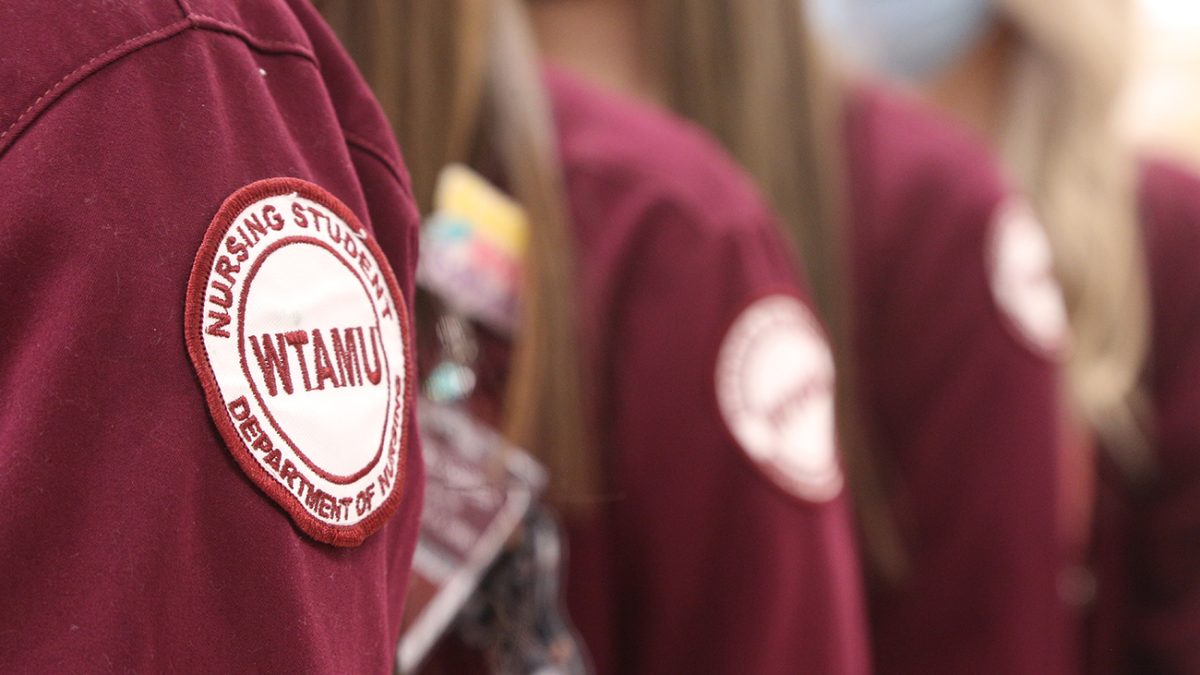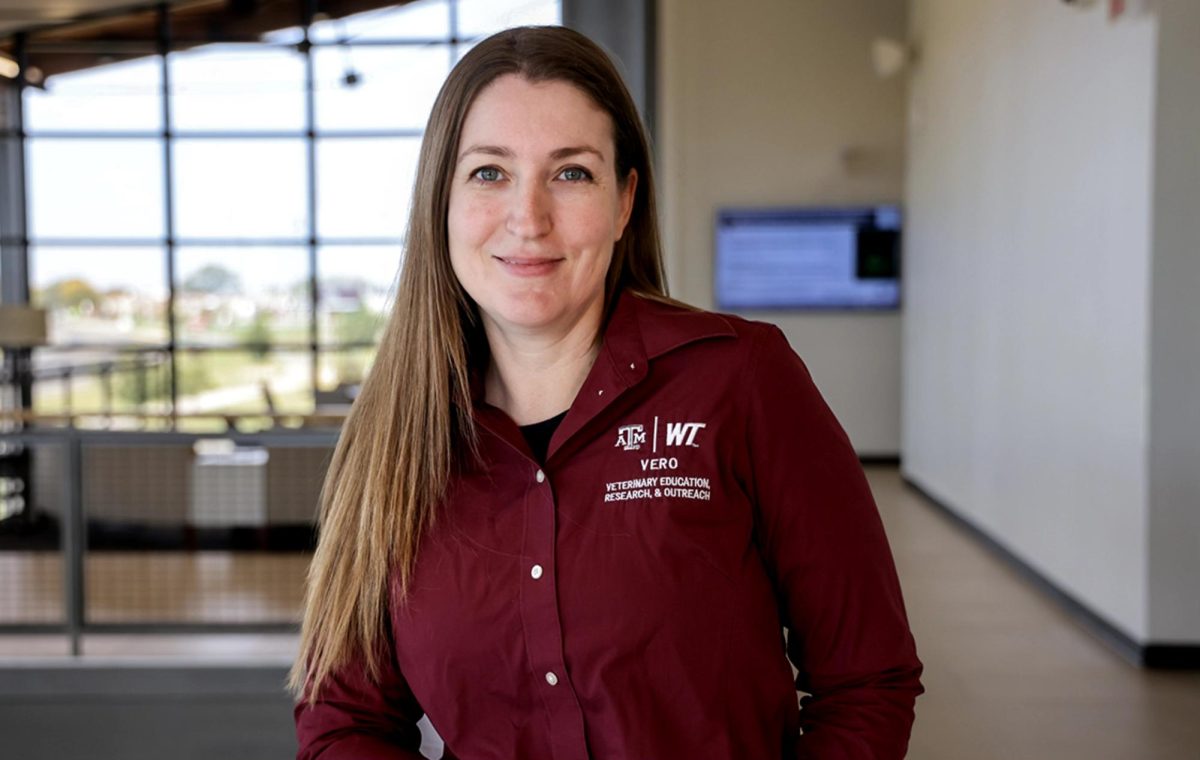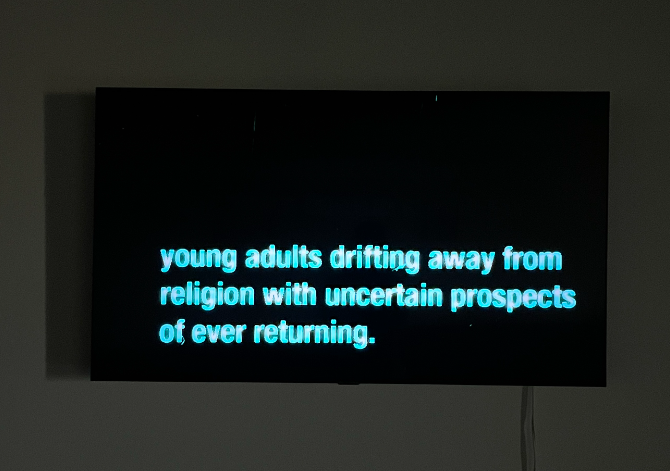CANYON, Texas — Nurses hoping to help tackle ongoing mental health needs in the Panhandle and beyond can soon enroll in a new online degree program at West Texas A&M University.
Following approval from The Texas A&M University System Board of Regents on Feb. 9, WT will launch a new psychiatric mental health nurse practitioner degree program in fall 2024, pending final approval by the Texas Higher Education Coordinating Board.
“This program creates a unique opportunity for WT to address the critical shortage of psychiatric health providers in Texas, particularly in rural and underserved areas,” said Dr. Holly Jeffreys, dean of WT’s College of Nursing and Health Sciences and the High Plains Christian Ministries Professor of Nursing Leadership. “The timing is especially significant, as a new psychiatric facility soon will be built in Amarillo.”
The degree is an expansion of a post-master’s certificate program WT began offering in 2020 in the Department of Nursing in the College of Nursing and Health Sciences. It will allow students in WT’s bachelor of science in nursing degree program, and others, to continue their education, increasing the number of available mental health providers in the region and state. In general, a certificate is awarded after completing a field-specific, shorter program, as opposed to an entire field of study.
Nurse practitioner is the second-fastest growing career in Texas, according to the Texas Workforce Commission, projected to grow 66 percent between 2020 and 2030. According to the Texas Department of State Health Services, 83 percent of Texas counties do not have a psychiatric mental health nurse practitioner, and 98 percent of Texas counties are designated as mental health professional shortage areas.
The Texas Legislature allocated $159 million in 2023 for a 75-bed state mental health hospital in Amarillo, part of a $2.25 billion allocation for increasing mental health care access around the state.
“There is a critical need for more mental health providers in the Panhandle,” said Shaina Neely, WT’s High Plains Christian Ministries Foundation Professor of Psychiatric Mental Health. “We expect that WT-educated nurses will help fill this gap, thanks to this new degree program.”
There is no other Texas psychiatric nurse practitioner program within more than 100 miles of WT, and the University’s priority will be to provide trained practitioners who’ll stay in the region to serve the Panhandle’s rural and underserved areas. Historically, about 80 percent of all WT graduates remain in the Texas Panhandle.
The program is projected to begin with 12 students in fall 2024, eventually expanding to 24 students annually. Both Jeffreys and Neely are already certified as psychiatric mental health nurse practitioners. The new degree program will add another faculty member who will be certified in the area by spring 2025 and will hire a new certified faculty member by fall 2024.
Psychiatric mental health nurse practitioners provide mental and behavioral health care to diverse populations, managing and coordinating their services with other health professionals. They also advocate for policy changes that influence mental and behavioral health care at local, state and federal levels.
Established in 1972 and graduating its first students in 1974, WT’s Department of Nursing currently provides about 70 percent of nurses employed throughout the Texas Panhandle.
WT nursing graduates, over the past five years, have averaged a 97 percent score on the National Council Licensure Examination, required by the National Council of State Boards of Nursing to test the competency of nursing school graduates in the United States and Canada. Nationally, the average is 85 percent; in Texas, it’s 87 percent.
Addressing regional needs, including in health care, is a key mission of the University’s long-range plan, WT 125: From the Panhandle to the World.
That plan is fueled by the historic One West comprehensive fundraising campaign, which reached its initial $125 million goal 18 months after publicly launching in September 2021. The campaign’s new goal is to reach $175 million by 2025; currently, it has raised more than $150 million.









